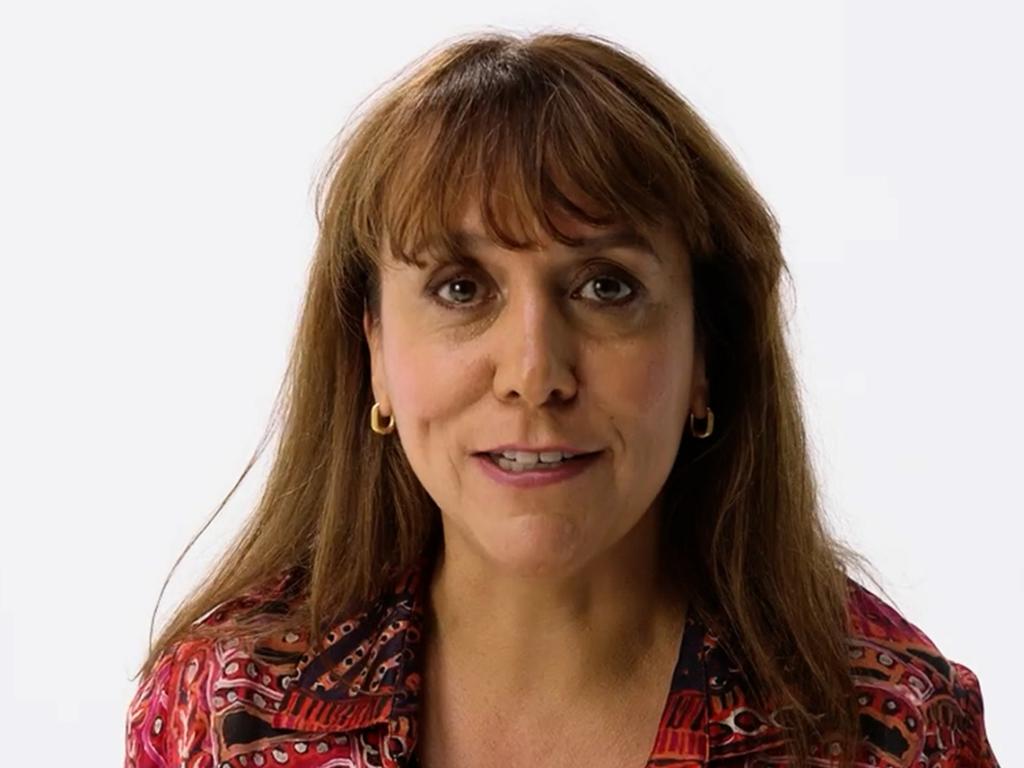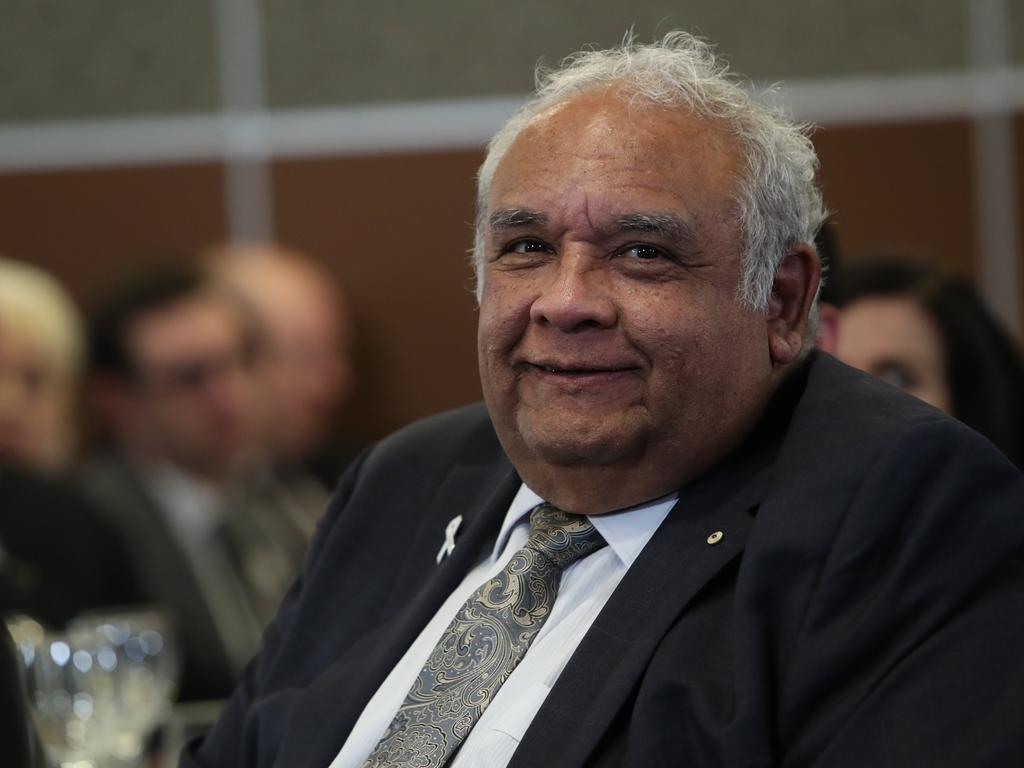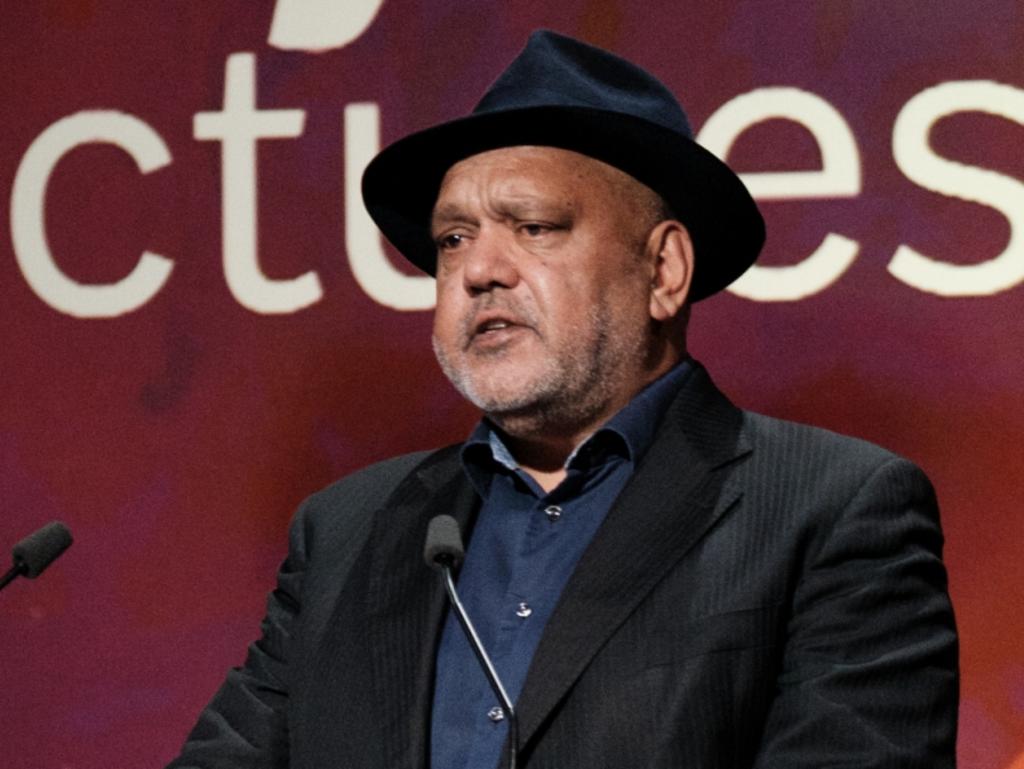Stab of recognition at Pearson’s words


It was a shocking statement that came early in Pearson’s impressive opener to the four-lecture series delivered first on television on October 27 and repeated on radio on Sunday, and it’s worth quoting at length
“We are a much unloved people,” Pearson said. “We are perhaps the ethnic group Australians feel least connected to. We are not popular and we are not personally known to many Australians. Few have met us and a small minority count us as friends. And despite never having met any of us and knowing very little about us other than what is in the media and what WEH Stanner, whose 1968 Boyer Lectures loom large over my lectures, called ‘folklore’ about us, Australians hold and express strong views about us, the great proportion of which is negative and unfriendly.
“It has ever been thus. Worse in the past but still true today. If success in the forthcoming referendum is predicated on our popularity as a people, then it is doubtful we will succeed. It does not and will not take much to mobilise antipathy against Aboriginal people and to conjure the worst imaginings about us and the recognition we seek. For those who wish to oppose our recognition it will be like shooting fish in a barrel. An inane thing to do – but easy. A heartless thing to do – but easy.”
Many non-Indigenous Australians would have felt a stab of recognition on hearing those words but, worse still, despair for the future. Pearson was calling it as it is, not in anger but with a profoundly sad pragmatism that reminds us that he is not just good at rhetoric, he’s also a good thinker.
Pearson is urging us to go beyond the truth that racism has in various ways helped shape many views of Indigenous people to a more subtle but perhaps more damaging truth – that lack of familiarity and friendship with First Peoples could determine votes in the referendum on the advisory body, the voice to parliament.
The 2022 Boyer lecturer drew on the horrible sledging of former AFL great Adam Goodes to make his point. What happened to the footballer reminded Pearson of the trouble people had with Indigenous Australians, trouble that could readily be called racism and “certainly racism is much to do with it, but the reality is not that simple”.
“Unlike same-sex marriage there is not the requisite empathy of love to break through the prejudice, contempt and, yes, violence of the past. Australians simply do not have Aboriginal people within their circles of family and friendship with whom they can share fellow feeling.” It does not detract from the truth of Pearson’s comments to see this as an inspired tactic – sidelining the unhelpful argument about what is or is not racially motivated behaviour and staking out far less threatening ground for a conversation with opponents of the voice. Yet it has rarely, if ever, been articulated.
Most non-Indigenous Australians – even those committed to the voice and a treaty, those who value the deep culture of Aboriginal people; those who want in every way to atone for the wrongs of the past – know Pearson is right when he says Aboriginal people are simply not in the friendship and family groups of the overwhelming number of Australians.
It is difficult for many non-Indigenous Australians to even meet an Aboriginal person, given that Aboriginal and Torres Strait Islanders comprise less than 4 per cent of the population. Many Australians will never see an Indigenous Australian other than in a media photograph or on television. Views are formed through news stories or cultural products such as paintings, dance, literature, film and music or exhibitions or books. There’s sport of course, the great Australian equaliser, which allows for largely positive recognition – except in cases such as that of Goodes. In country areas, First Nations people are more visible, but again class, economic differences and the social problems in many Indigenous communities mean the distances between the groups can be even more pronounced. The reality is unless you work in the arts, universities, the public service, or you are an elite sports person, you may have little chance of finding an Indigenous friend. It’s very different when it comes to homosexual people, for example.
A colleague reminds me that more than a decade ago we were at an election event at Rooty Hill in outer suburban Sydney when a woman got to her feet and asked Julia Gillard, the prime minister at the time, why she could not marry her same-sex partner. The crowd erupted with clapping and one knew then the experience of many families was dramatically shifting attitudes. Legislating for same-sex marriage is not the same as amending the Constitution, but Pearson’s point is well made.
Time, then, to come to terms with the reasons behind this “enduring antipathy against my people” – in short, that the colonial project required the first settlers to deny the rights of Aboriginal people to succeed. There are other reasons why Indigenous Australians may not be popular, but terra nullius underpins them all. That original denial and its tragic consequences are well documented yet still so little understood by many Australians offered little or inadequate history across so many decades. Australians need to accept and absorb this if we are to have any chance of exercising good judgment in the forthcoming referendum.







Noel Pearson opened a new front in the story of Indigenous Australia when he used his first ABC Radio National Boyer Lecture to talk about the unpopularity of First Nations people.